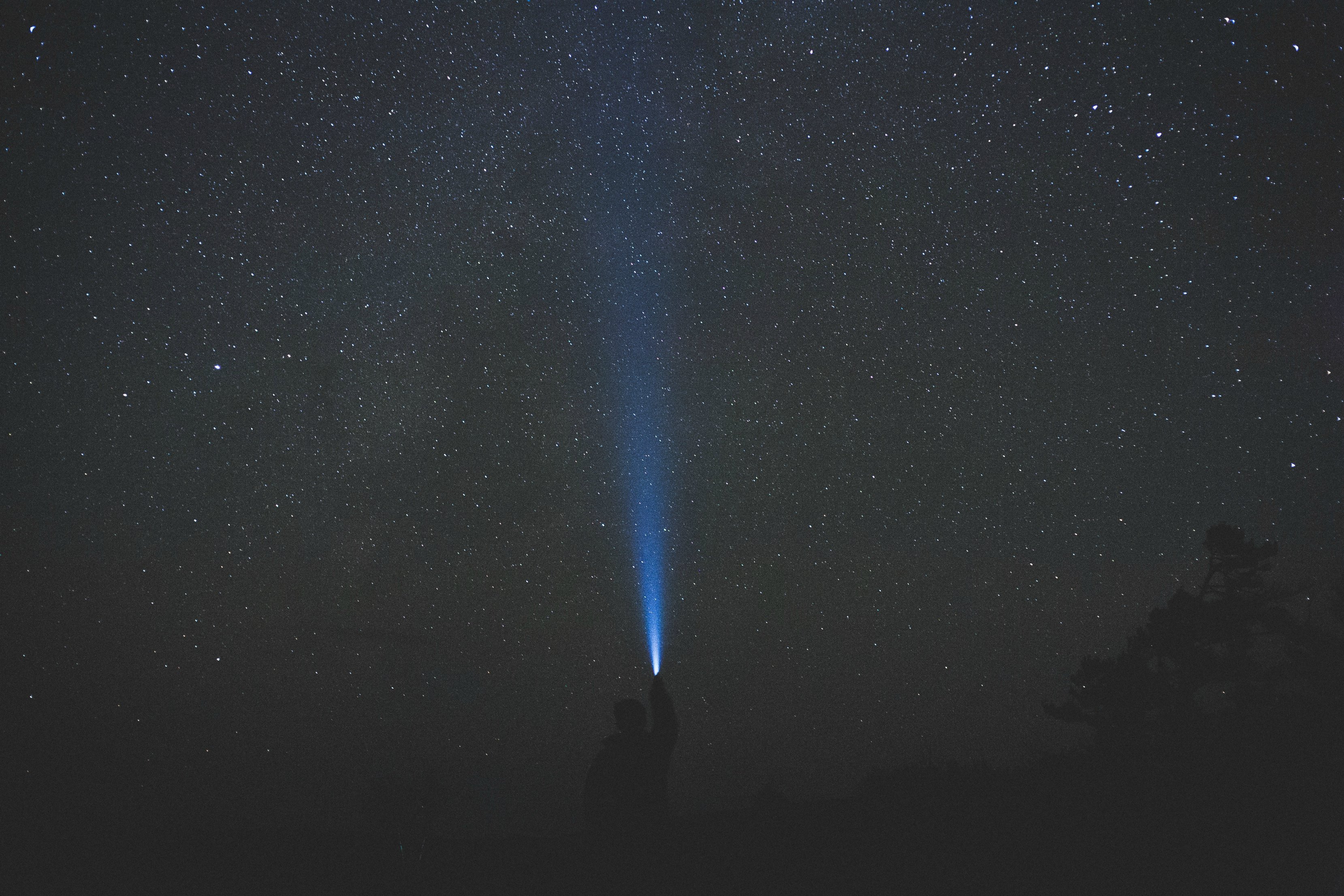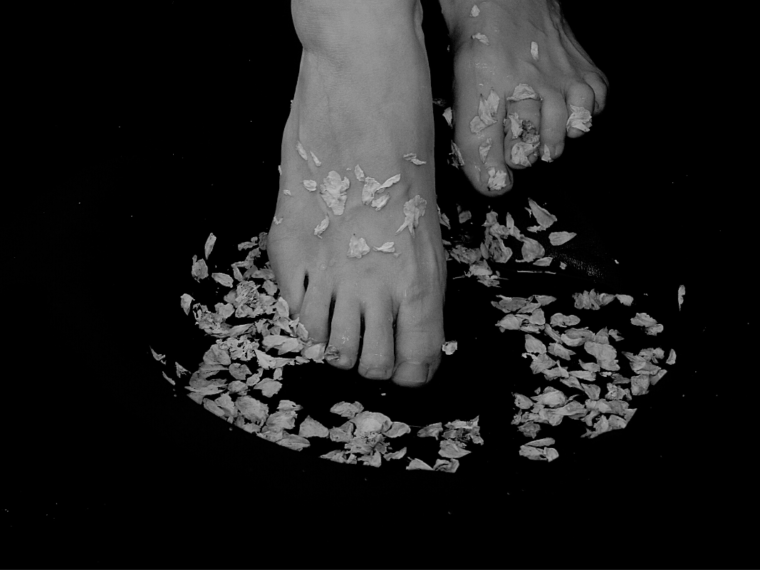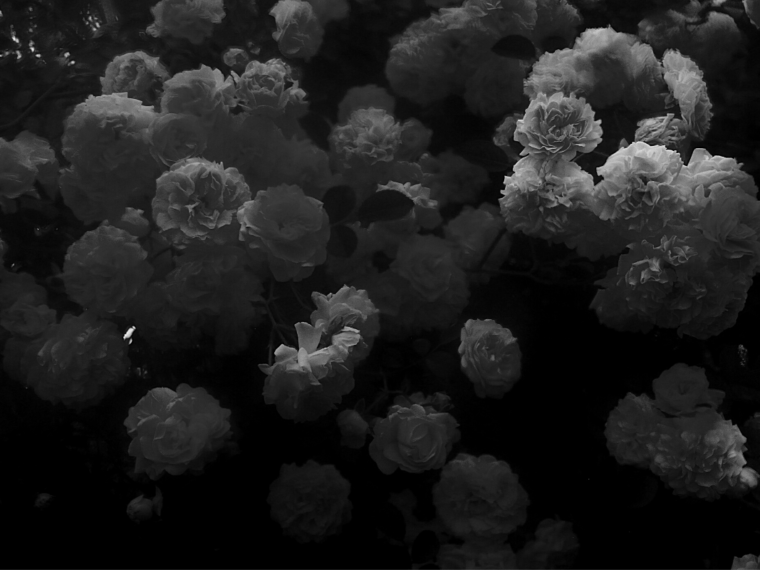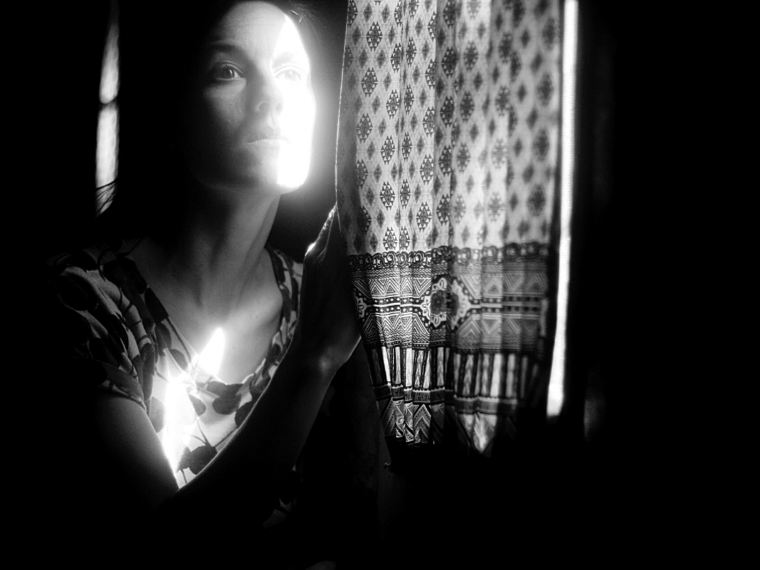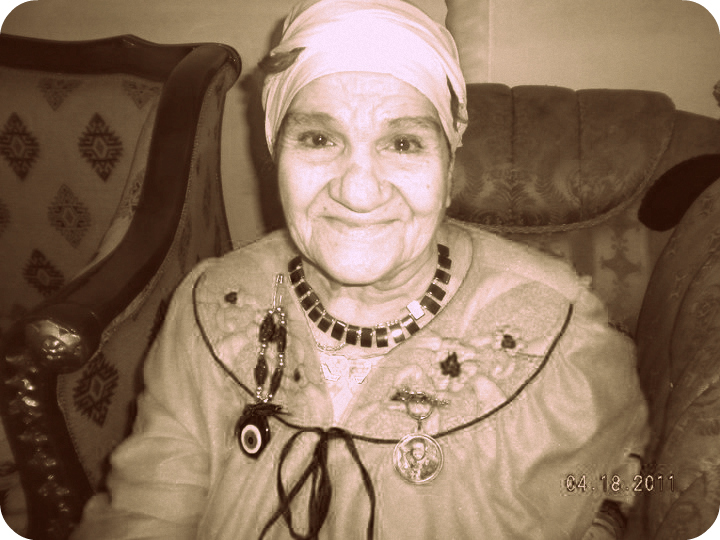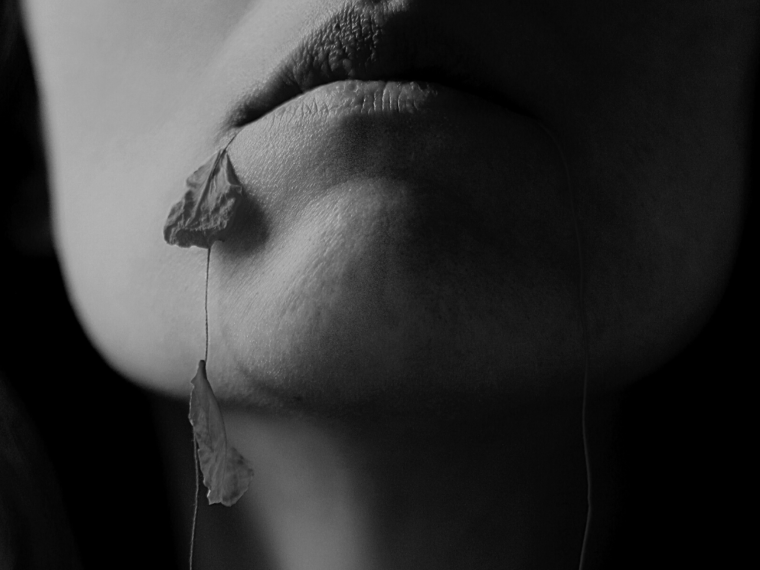Reading the news of Stephen Hawking’s death this morning took me back six years in time. It’s the spring of 2012, and I had just turned twenty, though my unconventional schooling as a teenager and the way I carried myself gave off the impression of an even younger woman. I didn’t see myself as the sheltered girl that I was, and perhaps that’s why I never anticipated that my life was about to change that semester of my junior year in college.
Every semester the honors college at my university would offer a class on a special topic. I had taken courses on global citizenship and the art of winning presentations through these unique course offerings, but, by far, the most significant class I signed up for was The Quest for Meaning taught by the Dean of the Honors College at the time. As its name suggests, it was a class about what it means to be a human and where we derive that meaning from; it was about technology, science, religion, poetry, and love, and about how death and the way we perceive it can powerfully shape our lives.
That class was, as I hoped it would be, an opportunity for me to examine my beliefs and live with more intentionality. I had been fascinated by the question of life’s meaning for years and, being raised in a fairly religious household, my answer to that question began and ended with God.
My orientation toward God had drawn on the mind and heart equally, and, for the longest time, it felt unshakeable. After countless conversations, lectures, and contemplations about the necessity of a Creator, I was confident my faith was built on sound logic. And, in choosing to dedicate my high school years to learn about my Creator and spend many nights in prayer, I had tasted the sweetness of faith. Yet, what I was missing all these years was the exposure to ideas that were radically different than mine and people with entirely different values and lifestyles. So, as you can imagine, college was a journey of unparalleled growth.
By that Spring 2012 semester, experiences at home and in the classroom had led me to an uncomfortable state of doubt. The questions I had been grappling with, the pain I had felt witnessing people I cared about getting hurt, the new connections I had to people without faith, all culminated in my confusion and the ensuing sense of urgency for answers. My prayers felt off, and I was growing more conscious day by day that my inner world was transforming. So, for that spring semester, Thursdays from 4-6:40 PM quickly became the most important segment of my week.
Each topic covered in that class is rich enough to deserve a post of its own, but this post is specifically about the class we discussed faith and science and Stephen Hawking’s book The Grand Design.
I began reading the book as soon as I could get my hands on it. I was anxious at the thought of having my entire worldview refuted, and I raced through the book in search of answers. By the time I had gone through all two hundred pages something still felt unsettled. In a way, I felt cheated. The book claimed to have answers to the following questions:
- Why is there something rather than nothing?
- Why do we exist?
- Why this particular set of laws and not some other?
Philosophy is dead, the authors (Hawking and Leonard Mlodinow) claimed, and science is the only viable approach to answering these fundamental questions. Yet, many of the answers offered in the book were philosophical. And I was left with these unanswered questions:
- How does being emerge from nonbeing?
- If the law of gravity explains why the universe can come into existence out of “nothingness” then what do we mean by “nothingness” and why is the universe governed by laws?
- Given the ever-expanding realm of science, how can we be certain discoveries won’t change the latest theories in physics? And since we can’t be certain, isn’t this just another theory that may one day be disproven and can never be proven?
I felt cheated that day because Hawking made the unsubstantiated claim that we don’t need God to explain the origin of the universe -as though it were possible to finally be certain that we, as humans, finally figured out the answers to these existential questions once and for all. Hawking hadn’t even defined what his concept of this god was, yet he wasn’t careful in choosing his words when drawing a conclusion. He was a man of far-reaching influence, and I felt it reckless of him to speak of so conclusively on the matter.
During the class discussion of the book, I shared my opinion of Hawking’s argument, but my professor, a vocal atheist, dismissed my objections to the book’s conclusion –stating that Hawking was the leading authority on the subject of physics and that if I didn’t see his point it was because I had missed it. The silence after that moment was uncomfortable. I wanted to argue back that he never answered my questions and I wanted to explain more, but I didn’t –thinking, instead, that I must’ve been at fault. I thought this was perhaps a truth too bitter to swallow. And that’s where my lack of awareness of my aversion to conflict played an important role. Had I known that I was silencing myself to create harmony at that moment, I may not have taken that response from the professor to mean my beliefs were not strong enough.
When I revisit the journal entries following that class, it’s apparent to me how this was the beginning of my doubts shifting from subconscious to conscious. And the years that followed were difficult ones. I delved into the problem of free will and read more texts that challenged my religious beliefs. I spent many nights unable to fall asleep because my mind was too active. I longed for peace many nights, and it wasn’t until years later that I had finally landed on an answer that I knew was right in my mind, body, and soul.
My journey back to God, and myself, hasn’t ended. In many ways, it’s still just beginning. But it feels wonderful to be at peace again. I was reminded of that today when I read of Hawking’s passing. I thought about his journey and how it might have felt like to live with Lou Gehrig’s –how that must’ve played into his perceptions of a just, merciful creator. I wondered about self-awareness, or rather the lack of it, in scientific circles. I thought about how far I’d come toward more self-awareness, where that had taken me, how much farther I still have to go.
Hawkings was a remarkable man, in more ways than one, but he was also a flawed human like the rest of us. He was a symbol of human potential, and it’s tough to not respect a man of his genius, but we don’t have to blind ourselves to his fallible nature either. Hawking was a controversial man known for his often inflated ego among his peers and even at home, and it makes sense given his story.
I stumbled upon this quote of his that I found oddly comforting:
“Remember to look up at the stars and not down at your feet. Never give up work. Work gives you meaning and purpose and life is empty without it. If you are lucky enough to find love, remember it is there and don’t throw it away.”
You see, even those who believe in the meaningless of existence believe in the beauty of purpose and the magic of love. What does that tell you of the human as a purely rational being? And what does that tell you of the spirit? Why do we seek to create lives of meaning –even those of us who believe in ultimate meaningless?
Talk to me about the universe. But tell me, first, of your place in it. We are spiritual beings in a material world trying to make sense of it all. We’ll get nowhere if we don’t know who we are.

